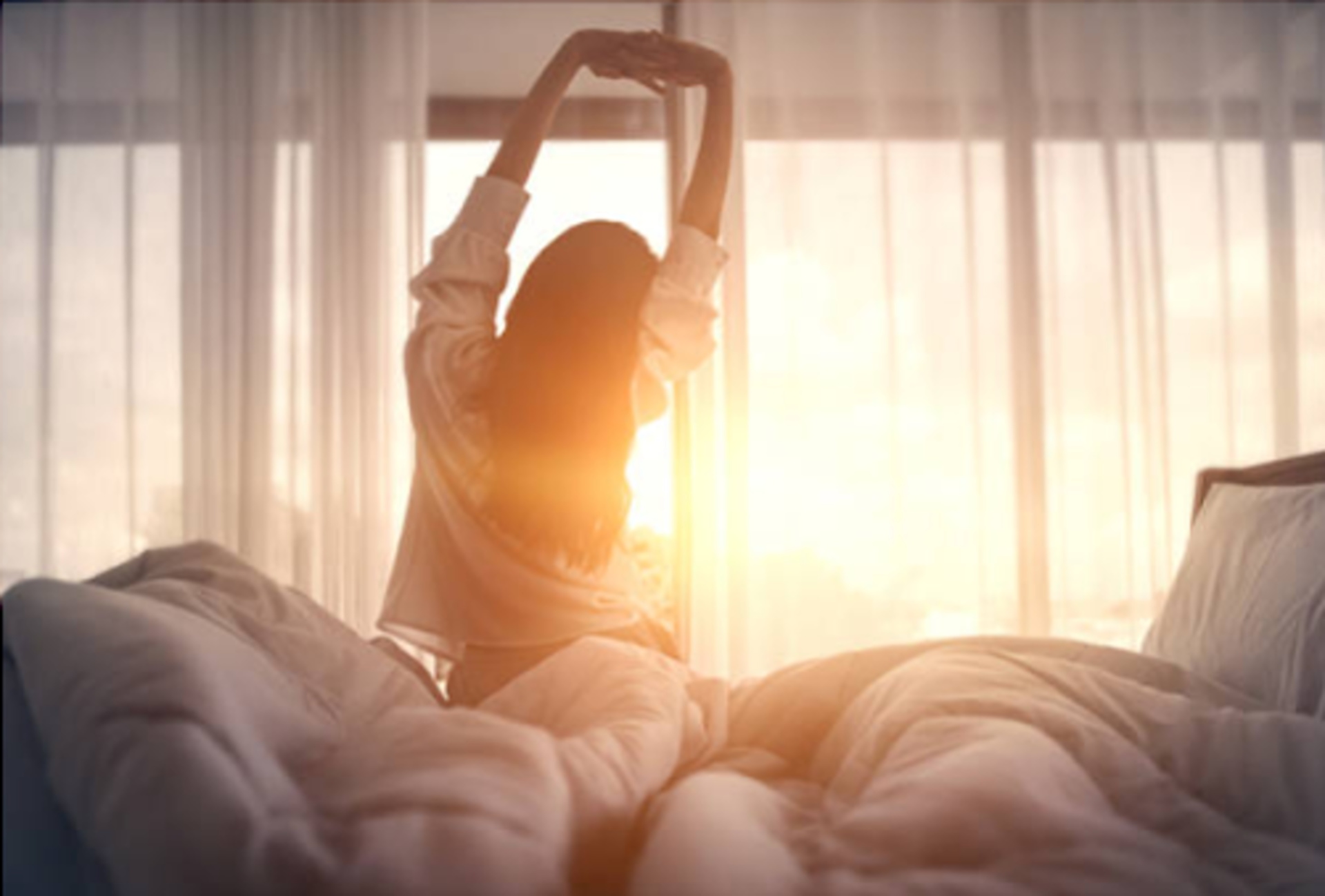How light affects our sleep
Many of us sleep in a room riddled with some form of artificial light – whether it’s television, electronics, or disturbing streetlights.
A body of study and evidence exists to suggest that exposure to light at night can be quite harmful in a variety of ways and could even predispose us to chronic illness.
So, what happens during sleep when we are exposed to low light? And how can we mitigate this?
Researchers at the Center for Circadian and Sleep Medicine at Northwestern University in the USA analyzed changes in cardiovascular function in individuals exposed to minimal light during sleep. These cardiovascular changes switched the nervous system to a more activated and alert state (the part of the nervous system responsible for the body’s fight or flight response). However, this part of the nervous system instead neeeds to naturally calm down during sleep as the body enters a parasympathetic state, which reduces heart rate and respiration.
It’s almost as if the brain and heart know that the lights are on even though the individual is asleep.
For us to sleep well, more facts must come together to keep our autonomic nervous system in balance. And according to studies, light is one of the major factors that affects us during sleep.
But good solutions exist to this problem. Many architects use external window blinds to ensure perfect darkness in your bedroom. If your building is not equipped with these outdoor systems, don’t worry, we have many interior systems to ensure your perfect sleep.
It is possible to use blackout blinds, which can be installed as mechanical or electronic remote controlled. Everything can be controlled by remote controls powered by a rechargeable battery. There is nothing more pleasant than having the ability to control the amount of light with the remote control directly from your bed.
Of course, dimout and blackout curtains are a great shading element in your bedroom, which will ensure perfect darkness and intimacy of your bedroom. These curtains are standard equipment in all luxury hotels, so why not treat yourself to this element at home?



